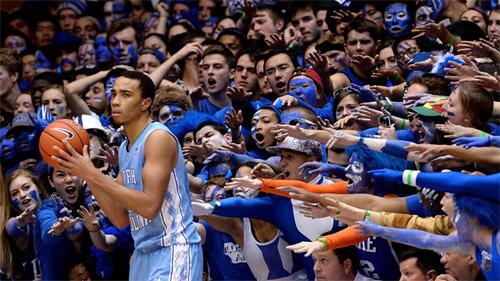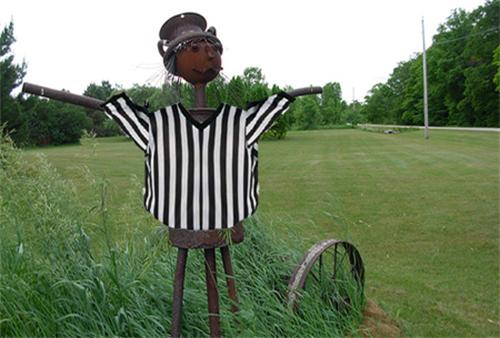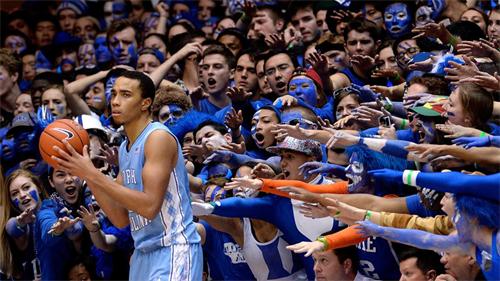The Psychology of Sports Rivalries: Why Fans Live for the Drama

Every time a major sports event takes place, fans around the world are ignited like flames. Hundreds of millions of people follow the matches with sleepless nights and tireless devotion, their emotions rising and falling with the progression of the game, their thoughts colliding with every goal and mistake. This is not just the charm of football—it also reveals the profound psychological mechanisms behind sports competitions.
In times of peace, true “heroes” seem to be rare. But the sports arena has become a stage where modern-day heroes are born. Players fight bravely and push their limits, conquering not only their opponents but also the hearts of spectators across the globe. Through hard work and sweat, they earn glory and become spiritual symbols of our time. We love them because they awaken in us a sense of transcendence—their victories feel like an extension of our own strength.
Football extends beyond being merely a game; it has become a significant cultural force. Especially in global events like the World Cup, teams represent more than just wins and losses—they embody national pride and cultural identity. Behind every goal lies the emotional investment and cultural pride of millions of fans. When the idea of “we won” is embraced collectively, it strengthens a shared identity that fosters deep feelings of pride and unity. As social psychologist Robert Cialdini said, people are naturally drawn to groups that enhance their self-identity.
In today’s fast-paced, high-pressure world, football offers people an emotional outlet. Whether it’s shouting in front of the TV or sweating it out on the field, football creates a space where people can temporarily escape reality. The thrill of competition, the strength of teamwork, and the passion of the game all allow individuals to momentarily break free from daily trivialities and recharge their spirits.
This is why grassroots football, seven-a-side matches, and street soccer continue to thrive. They provide ordinary people with a way to release stress and build friendships. Football doesn’t just belong to the professionals on screen—it belongs to everyone who loves the game.
Another core reason football captivates people is its raw physicality. The collisions, tackles, and sprints on the field awaken our primal aggression and survival instincts. As some say, “Football is a war without smoke.” In real life, this aggressiveness is often suppressed, but on the pitch, it’s given a legitimate outlet—a way to channel a fundamental human impulse.
Football also has a profound impact on youth. The perseverance, determination, and courage shown by professional players inspire countless young people. Through watching matches and participating in school football programs, children not only build physical strength but also learn teamwork, competition, and resilience. Football plants the seeds of dreams and guides them toward a positive outlook on life.
Sports events are, at their core, psychological battles. On the field, it’s not just technical skills that determine the outcome—it’s mental toughness. Staying calm under pressure and making the right decisions at critical moments often defines the direction of a match. A sudden error or an unexpected goal can occur at the most unpredictable times. This dramatic uncertainty is precisely what keeps fans coming back for more.
Ultimately, the appeal of football and sports competitions lies not merely in winning or losing, but in how they awaken deep human emotions—cultural identity, the hero’s journey, social belonging, and psychological resonance. Every match is like a carefully choreographed play filled with twists and turns, and fans go wild for this mix of unpredictability and shared emotion. Sports allow us to reconnect with a more authentic version of ourselves.
RECOMMEND FO YOU



